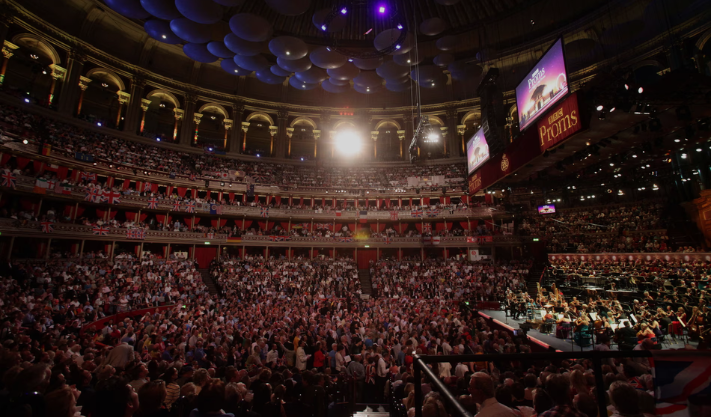Energy bills: Is it worth comparing gas and electricity prices again?
A new energy price limit of £1,738 for Great Britain starts on 1 January. This is 1.2% higher than the previous price. The price cap applies to standard energy plans, and the amount is for a typical household that buys gas and electricity and pays by direct debit. However, most households will pay a different amount because bills depend on how much energy they use.
Do I have to pay the standard rate?
No. When the energy crisis started, it was difficult for providers to offer deals below the price cap, and some went out of business because of it. The market for switching providers almost stopped.
Now, you can find a better deal than the standard one. There are fixed and variable tariffs with lower rates, and since the cap is expected to rise again in April, you might be able to lock in a rate that’s lower than the prices expected in spring.
Elise Melville, an energy expert from the price comparison website Uswitch.com, says there are “big savings” to be made. The average household could save up to £148 per year by switching to a 12-month fixed deal instead of the January price cap. This saving comes from a plan called the Big January Sale – Fix’d Dual v1.0, offered by Outfox the Market.
Melville also explains that if you have debt with your current supplier, you may still be able to switch to a new one if your unpaid bill is less than 28 days old. If it’s older, you will need to pay off the debt before switching.
She adds, “Even if you are in debt, it’s worth checking if you can save money by moving to a new deal with your current supplier, which could lock in lower rates.”
How can I find a better deal?
The easiest way is to use a price comparison website like Uswitch, GoCompare, or The Energy Shop. These sites gather a lot of information from suppliers, so you don’t have to provide much to get a quote (you might be surprised at how much data they already have).
Once you enter your usage details and choose which energy you want to compare (likely both gas and electricity), along with how you pay, you’ll see a list of available plans. This will show you the price for the same amount of energy you currently use, what type of deal it is (fixed or variable), and how long the plan lasts. A fixed deal means the price per unit of gas or electricity stays the same, but your bills will still change based on how much energy you use.
You will also be told if there are any exit fees. These are the fees you have to pay if you want to leave before the deal ends. There are usually separate fees for gas and electricity. Some fees are £25 each, while others can be £100 each.
Comparison websites usually show deals from providers that pay them commission when you switch, but they should also have a list of all available offers. Look for filters that let you see all the options.
The cheapest deals right now include a variable deal from Home Energy and fixed deals from Outfox the Market. These providers don’t work with switching websites, so you’ll only see them if you choose to see all deals. If you want to switch to either of them, you will need to go directly to their websites.
How do I choose?
Emily Seymour, the energy editor at the consumer group Which?, says: “You should compare how much your monthly payments would be on a fixed deal with how much you would pay on the price-capped variable tariff to find the best option for you.
“As a general rule, we recommend looking for deals that are cheaper than the price cap, last no longer than 12 months, and have low exit fees.”
Is there anything else I should know?
If you are on the default tariff, you shouldn’t have to pay an exit fee to switch. If you’ve switched recently, check if there’s a penalty, and make sure the savings you’ll get from switching are more than the penalty.
If you’re staying on your current plan, make sure you’re not paying too much for the energy you’ve used. If you don’t have a smart meter, take a reading now and submit it to avoid paying higher rates for December 2024 energy in January 2025.
Published: 2nd January 2025
Also Read:
Cheers to 2025: Top NYE Celebrations Across the UK
Female artists’ success halts 20-year UK music sales decline
Snoop Dogg & Dr. Dre use charity song for disabilities






















